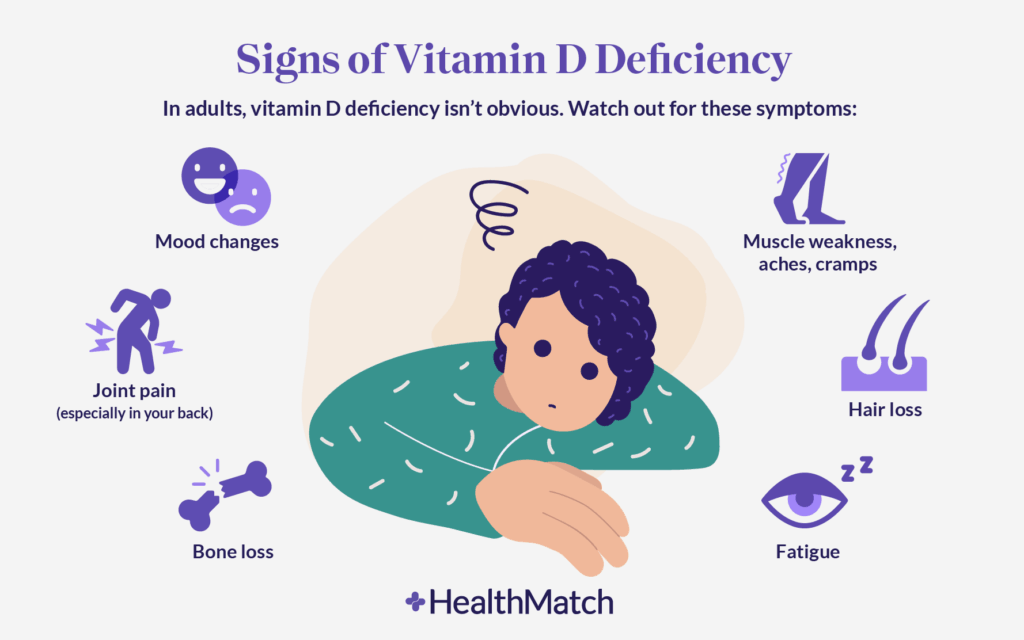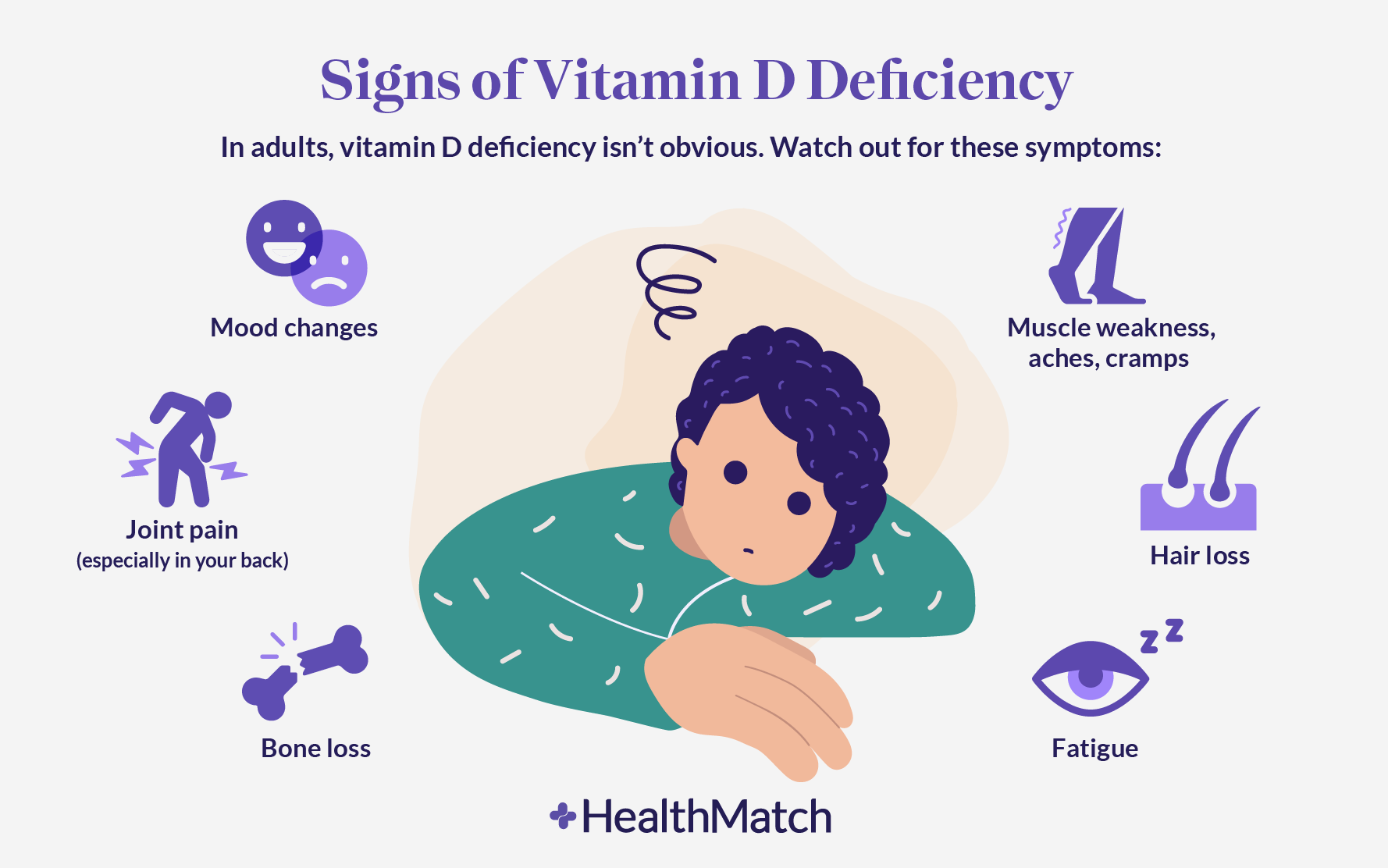
Can Vitamin D Make Infants Upset? Understanding the Link and Finding Solutions
As a parent, witnessing your infant’s discomfort is heart-wrenching. If you’re asking, “Can vitamin D make infants upset?” you’re likely searching for answers to soothe your little one. Many parents supplement their babies with vitamin D, a crucial nutrient for bone development and overall health. However, some parents report a potential connection between vitamin D supplementation and fussiness in their infants. This comprehensive guide explores this complex relationship, diving into the potential causes, signs, and solutions to ensure your baby gets the vitamin D they need without unnecessary distress. We aim to provide clarity, offering practical advice and insights to help you navigate this delicate balance. This article draws upon expert recommendations and observations from countless parents, offering a holistic perspective to address your concerns.
The Vital Role of Vitamin D for Infants
Vitamin D is essential for infants, primarily because it aids in calcium absorption, which is crucial for building strong bones and teeth. A vitamin D deficiency can lead to rickets, a condition that softens and weakens bones. Breast milk alone often doesn’t provide enough vitamin D, making supplementation necessary, especially for exclusively breastfed babies. The American Academy of Pediatrics (AAP) recommends that all breastfed and partially breastfed infants receive a daily vitamin D supplement of 400 IU (International Units) shortly after birth.
While the benefits of vitamin D are undeniable, the question of whether it can cause upset in infants is valid. Understanding the potential link requires a closer look at several factors.
Unpacking the Potential Link Between Vitamin D and Infant Upset
While vitamin D itself is generally well-tolerated, some infants may experience discomfort that parents attribute to the supplement. It’s crucial to understand that this is often multifactorial and might not be solely due to the vitamin D itself. Several factors can contribute to this perceived link:
- The Carrier Oil: Many vitamin D supplements are oil-based (e.g., coconut oil, MCT oil). Some infants may be sensitive or allergic to these oils, leading to digestive upset, gas, or even skin rashes.
- Additives and Preservatives: Certain supplements contain artificial flavors, colors, or preservatives that can irritate a baby’s sensitive system. Always opt for supplements with minimal ingredients.
- Dosage: While 400 IU is the recommended daily dose, exceeding this amount can potentially lead to hypercalcemia (excessive calcium in the blood), which can manifest as nausea, vomiting, and constipation.
- Colic: Colic is a common condition in infants characterized by excessive crying and fussiness, often without a clear cause. The timing of vitamin D supplementation might coincide with colic episodes, leading parents to mistakenly associate the two.
- Individual Sensitivity: Just like adults, infants can have individual sensitivities to certain substances. What works well for one baby might not work for another.
Identifying the Signs of Vitamin D-Related Upset
If you suspect that vitamin D supplementation is causing your baby discomfort, look for the following signs:
- Increased Fussiness or Irritability: A noticeable increase in crying or irritability, especially after administering the supplement.
- Digestive Issues: Gas, bloating, constipation, diarrhea, or vomiting.
- Skin Reactions: Rash, hives, or eczema flare-ups.
- Feeding Problems: Refusal to feed or decreased appetite.
- Sleep Disturbances: Difficulty falling asleep or staying asleep.
It’s essential to consult with your pediatrician to rule out other potential causes of these symptoms, such as allergies, infections, or colic.
Navigating Vitamin D Supplementation: A Guide for Parents
If you suspect a link between vitamin D and your baby’s discomfort, don’t stop supplementing without consulting your pediatrician. Vitamin D is crucial, and abruptly stopping supplementation can have negative consequences. Instead, consider these strategies:
- Review the Supplement Ingredients: Carefully examine the ingredient list of your vitamin D supplement. Look for potential allergens, artificial additives, or excessive amounts of carrier oils.
- Try a Different Brand or Formulation: Consider switching to a different brand or formulation of vitamin D drops. Some brands offer vitamin D supplements in a water-based solution or with different carrier oils. For example, some parents find that vitamin D drops in olive oil are better tolerated than those in coconut oil.
- Adjust the Dosage: While sticking to the recommended 400 IU is crucial, discuss with your pediatrician if a slightly lower dose might be appropriate, especially if your baby is also getting some vitamin D from fortified formula or foods.
- Administer the Supplement at a Different Time: Try giving the vitamin D drops at a different time of day. Some parents find that administering the supplement with a meal helps to minimize potential digestive upset.
- Rule Out Other Potential Causes: Work with your pediatrician to rule out other potential causes of your baby’s symptoms, such as food allergies, infections, or gastrointestinal issues.
Alternative Approaches to Vitamin D Intake
While supplements are the most common way to ensure adequate vitamin D intake in infants, there are alternative approaches to consider, although they are often less practical or reliable:
- Sunlight Exposure: Sunlight exposure helps the body produce vitamin D. However, exposing infants to direct sunlight is not recommended due to the risk of sunburn and skin damage. If you do expose your baby to sunlight, do so for very short periods (a few minutes) and only when the sun is not at its peak intensity (early morning or late afternoon). Always consult your pediatrician before relying on sunlight as a primary source of vitamin D.
- Fortified Foods: Some infant formulas and cereals are fortified with vitamin D. If your baby is formula-fed or starting on solids, check the labels to see how much vitamin D they are getting from these sources. However, relying solely on fortified foods may not be sufficient to meet your baby’s vitamin D needs.
- Maternal Vitamin D Intake: If you are breastfeeding, increasing your own vitamin D intake can help to increase the amount of vitamin D in your breast milk. However, this approach is often not reliable enough to provide adequate vitamin D for your baby. You would need to take very high doses of vitamin D yourself (under the guidance of your doctor) to significantly increase the vitamin D content of your breast milk.
Understanding Vitamin D Drops: A Closer Look at Nordic Naturals Baby’s Vitamin D3
One popular vitamin D supplement for infants is Nordic Naturals Baby’s Vitamin D3. It’s a liquid supplement designed to provide the recommended daily dose of vitamin D in a single drop. This product is commonly recommended by pediatricians and trusted by parents. It is important to note that this is just one example of a Vitamin D supplement and that there are other good options on the market.
Key Features of Nordic Naturals Baby’s Vitamin D3
- Formulated for Infants: Specifically designed to meet the unique vitamin D needs of babies.
- Easy to Administer: The liquid form and included dropper make it easy to give the correct dose.
- Unflavored: The unflavored formula makes it more palatable for infants.
- Third-Party Tested: Nordic Naturals products are third-party tested for purity and potency.
- Olive Oil Base: Uses olive oil as a carrier oil, which is generally well-tolerated.
Detailed Feature Analysis of Nordic Naturals Baby’s Vitamin D3
Let’s break down the key features of Nordic Naturals Baby’s Vitamin D3 in more detail:
- Infant-Specific Formulation: This supplement provides 400 IU of vitamin D3 per drop, precisely the amount recommended by the AAP for infants. This ensures that your baby gets the right amount of vitamin D without the risk of over-supplementation.
- Easy Administration: The included dropper makes it easy to measure and administer the correct dose. You can simply place a drop on your nipple or in your baby’s bottle. This ease of use is a significant benefit for busy parents.
- Unflavored Formula: Many infants are sensitive to flavors, and the unflavored formula of this supplement makes it more palatable. This increases the likelihood that your baby will accept the supplement without fussing.
- Third-Party Testing: Nordic Naturals products undergo rigorous third-party testing to ensure purity and potency. This means that you can trust that the supplement contains the amount of vitamin D that is stated on the label and that it is free from harmful contaminants. This commitment to quality is a major selling point for many parents.
- Olive Oil Base: The use of olive oil as a carrier oil is another advantage of this supplement. Olive oil is generally well-tolerated by infants and is less likely to cause digestive upset than some other carrier oils, such as coconut oil or MCT oil.
Advantages and Real-World Value of Vitamin D3 Supplementation
The advantages of using a vitamin D3 supplement like Nordic Naturals Baby’s Vitamin D3 extend beyond simply meeting the recommended daily intake. Here’s how it provides real-world value for parents and their babies:
- Peace of Mind: Knowing that your baby is getting the vitamin D they need for healthy bone development provides peace of mind for parents.
- Convenience: The easy administration of the supplement makes it a convenient way to ensure adequate vitamin D intake, especially for busy parents.
- Reduced Risk of Deficiency: Regular vitamin D supplementation reduces the risk of vitamin D deficiency, which can lead to serious health problems, such as rickets.
- Improved Overall Health: Vitamin D plays a crucial role in overall health, including immune function. Ensuring adequate vitamin D intake can help to support your baby’s immune system.
- Positive Long-Term Outcomes: Adequate vitamin D intake in infancy can have positive long-term outcomes for bone health and overall development.
A Balanced Perspective on Nordic Naturals Baby’s Vitamin D3
Nordic Naturals Baby’s Vitamin D3 is a popular and well-regarded supplement, but it’s essential to consider both its pros and cons:
User Experience & Usability: The dropper is easy to use, and the unflavored formula is generally well-accepted by infants. Many parents find that it’s easy to incorporate into their daily routine.
Performance & Effectiveness: The supplement effectively delivers the recommended dose of vitamin D, helping to prevent deficiency and support healthy bone development.
Pros:
- Easy to administer.
- Unflavored formula.
- Third-party tested for purity and potency.
- Uses olive oil as a carrier oil.
- Provides the recommended daily dose of vitamin D.
Cons/Limitations:
- Some infants may still be sensitive to olive oil.
- The dropper can be a bit tricky to use at first.
- It’s slightly more expensive than some other vitamin D supplements.
- Requires consistent daily administration.
Ideal User Profile: This supplement is best suited for parents who want a high-quality, easy-to-administer vitamin D supplement for their infants. It’s particularly well-suited for parents who are concerned about purity and potency.
Key Alternatives: Alternatives include Carlson Labs Baby’s Super Daily D3 and Ddrops Baby Vitamin D3. Carlson Labs uses coconut oil as a carrier, while Ddrops uses fractionated coconut oil. These may be suitable options if your baby has a sensitivity to olive oil.
Expert Overall Verdict & Recommendation: Nordic Naturals Baby’s Vitamin D3 is a top-quality vitamin D supplement that is well-tolerated by most infants. Its easy administration, unflavored formula, and third-party testing make it a reliable choice for parents who want to ensure their baby gets the vitamin D they need. It comes highly recommended, especially for those prioritizing purity and ease of use.
Prioritizing Your Baby’s Well-being
Addressing the question, “Can vitamin D make infants upset?” requires a nuanced approach. While vitamin D is essential for infant health, potential sensitivities to carrier oils or additives can sometimes lead to discomfort. By carefully observing your baby, consulting with your pediatrician, and considering alternative formulations, you can ensure your little one receives the necessary vitamin D without unnecessary fussiness. Remember, every baby is unique, and finding the right approach may involve some trial and error. Your dedication to your baby’s well-being is the most important factor in navigating these challenges.

